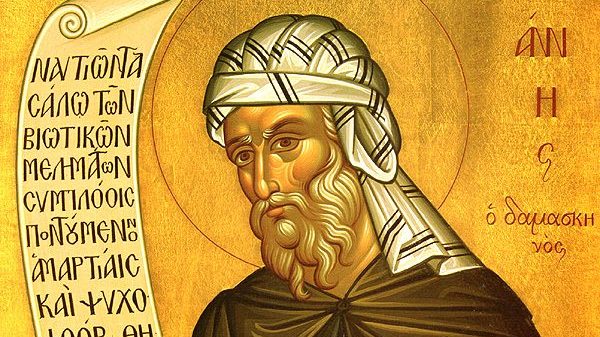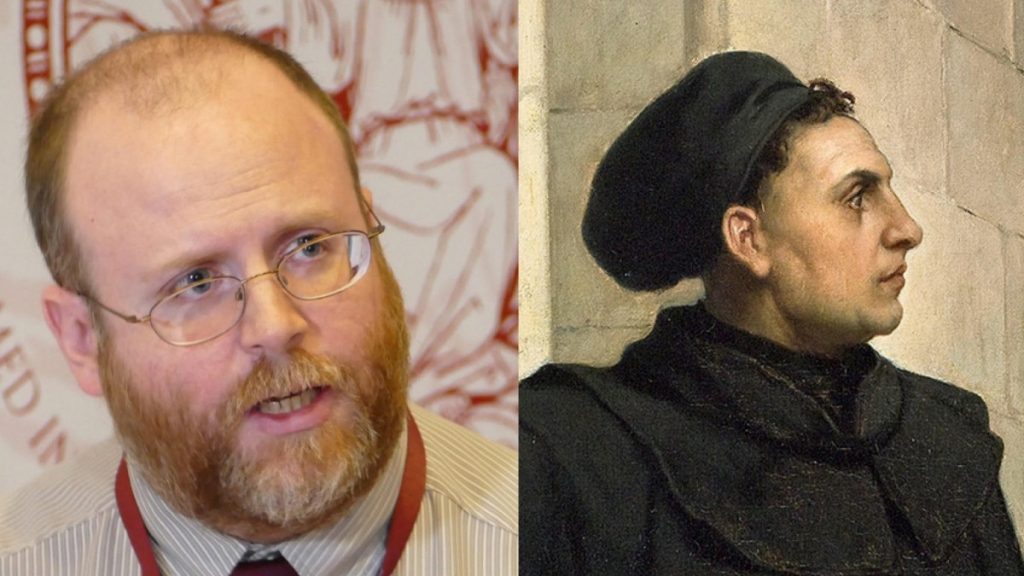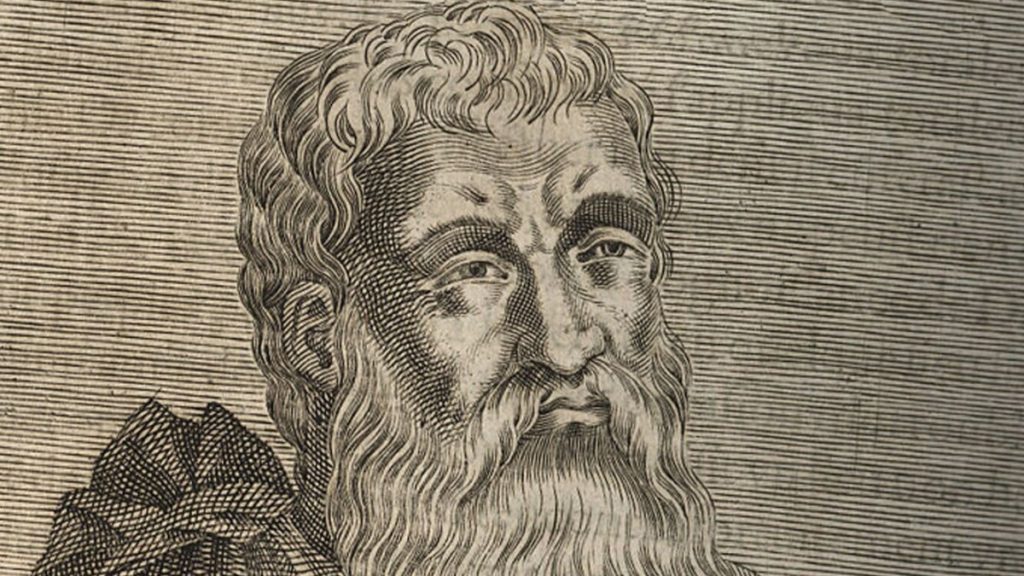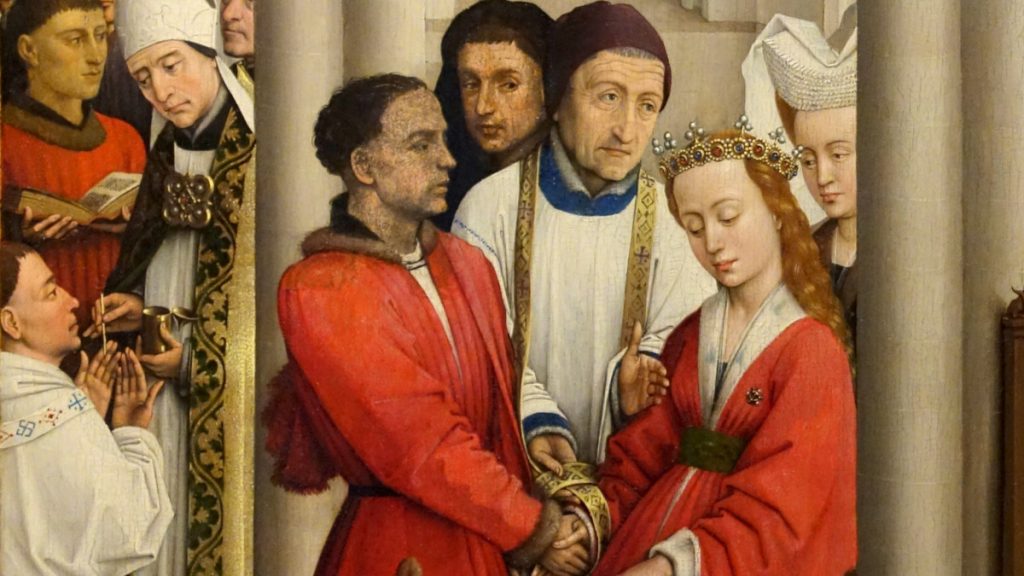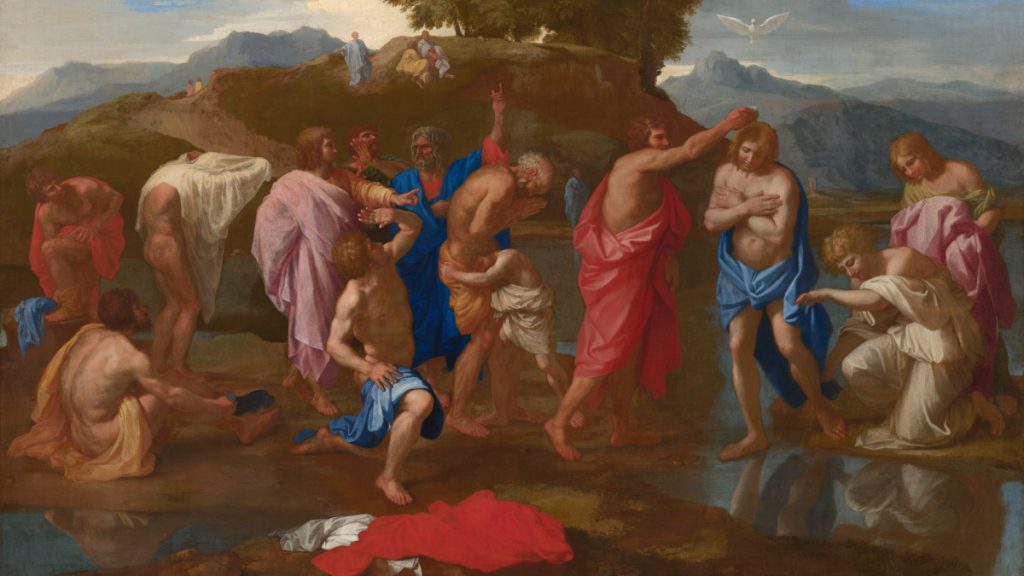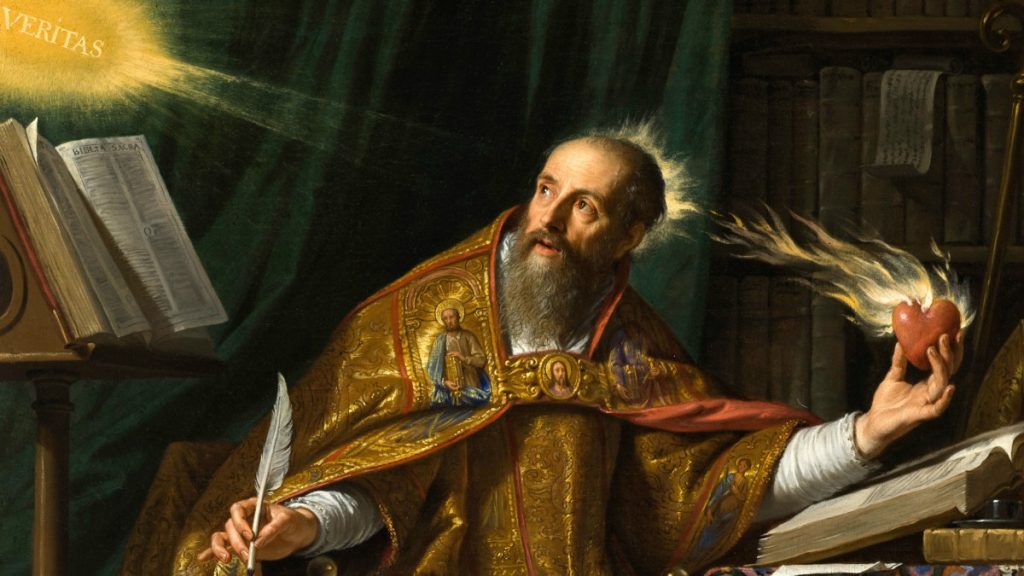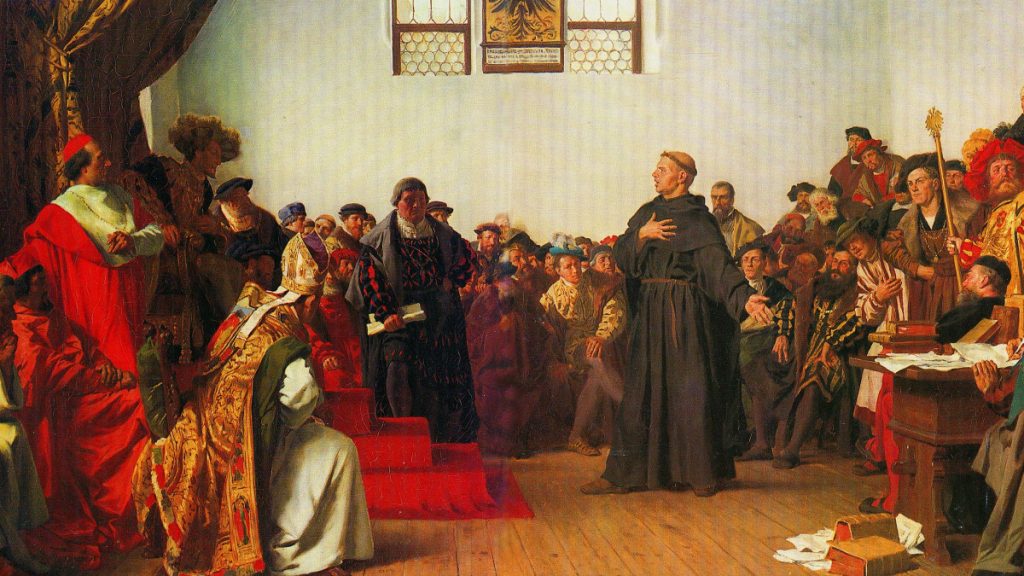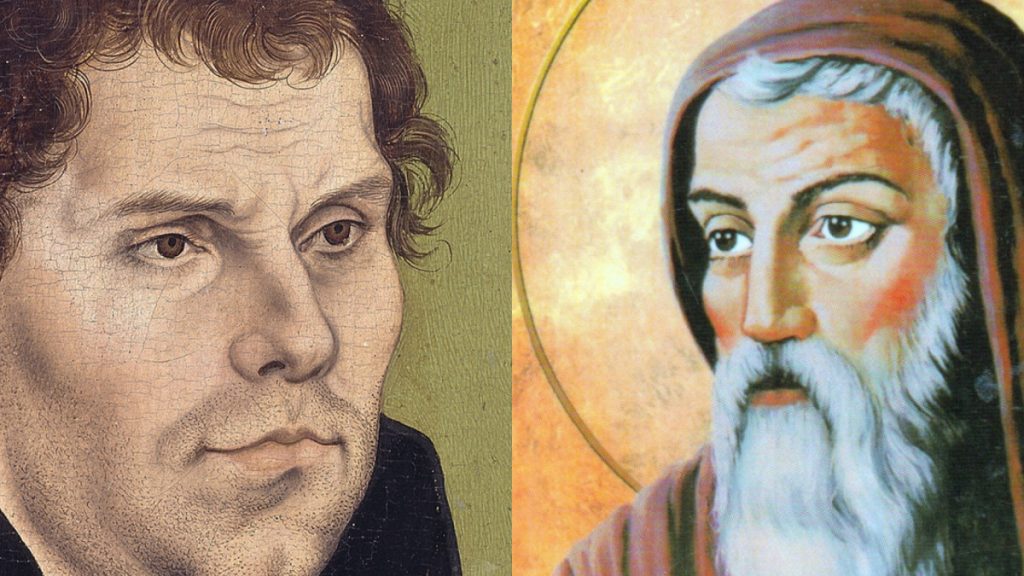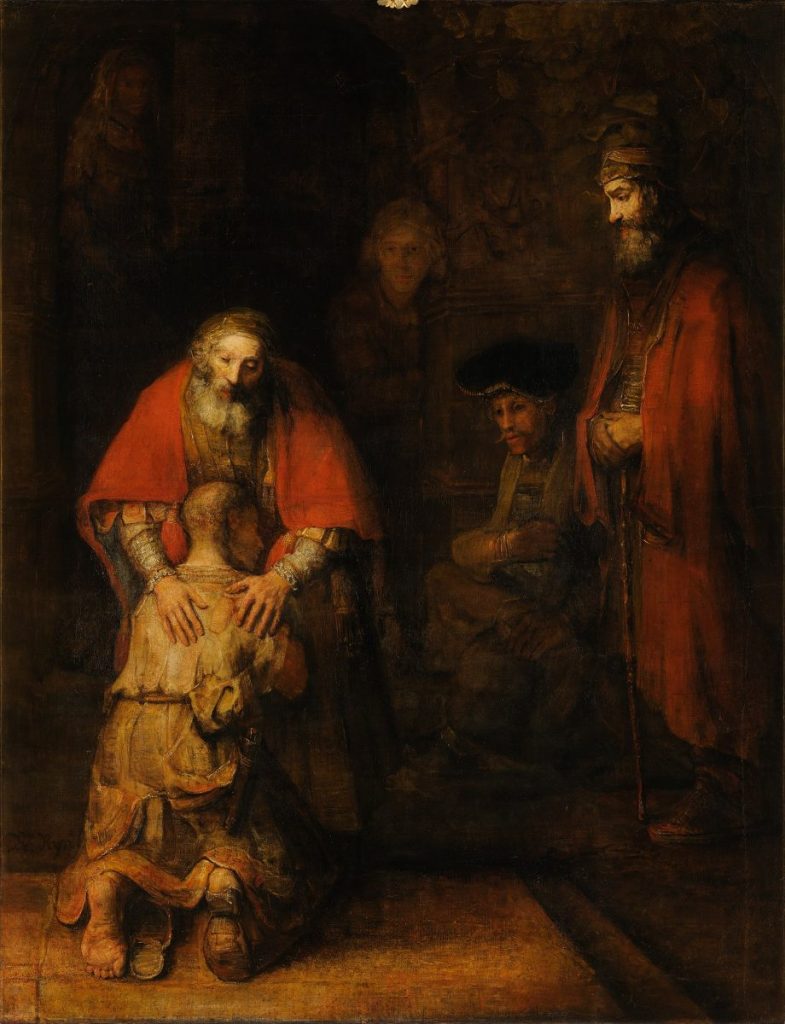(Updated July 18, 2025)
This Author Quote Archive collects pertinent quotes from the Church Father, St. John of Damascus.
Next to each quote are the Topic Quote Archives in which they are included.
This Quote Archive is being continuously updated as research continues. Quotes marked with “***” have not yet been organized into their respective Topic Quote Archives.
Treatises
St. John of Damascus, Treatise 1: Defense Against Those Who Attack the Holy Images
- The Papacy and the Invincibility of the Church | §66
- Christendom: The Spiritual and Temporal Powers, and the Conversion of the Empire | §66
(§66)1
Since many priests and emperors have been endowed with wisdom that comes to Christians from above, from God, and have been distinguished for their piety, their doctrine, and their lives, and many synods of holy and divinely inspired fathers have taken place, why does no one attempt to explain these things? We shall not suffer a new faith to be taught. “For a law has come out from Sion,” the Holy Spirit declares in prophecy, “and the word of the Lord from Jerusalem” (Isa. 2:3). We shall not suffer different things to be thought at different times, changing with the seasons, and the faith to become a matter of ridicule and jest to outsiders. We shall not suffer the custom of the fathers to be subject to an imperial constitution that seeks to overthrow ecclesiastical laws. For this is not the way of the fathers; for it is piratical for these things to be imposed by force, and they shall not prevail…These things are matters for synods, not emperors, as the Lord said, “Where two or three are gathered together in my name, there I am in the midst of them” (Matt. 18:20). It was not to emperors that Christ gave the authority to bind and loose, but to apostles and to those who succeeded them as shepherds and teachers.
St. John of Damascus, Treatise 3: Against Those Who Attack the August and Holy Images
(§26)2
The Son of God did not become 102 | 103 an angelic nature hypostatically; the Son of God became hypostatically a human nature. Angels do not participate in, nor do they become sharers in, the divine nature, but in divine activity or grace; human beings, however, do participate in, and become sharers of, the divine nature, as many as partake of the holy Body of Christ and drink his precious Blood; for it is united to the divinity hypostatically, and the two natures are hypostatically and inseparably united in the Body of Christ of which we partake, and we share in the two natures, in the body in a bodily manner, and in the divinity spiritually, or rather in both in both ways, not that we have become identically, or rather in both ways, not that we have become identical [with God] hypostatically (for we first subsisted, and then we were united), but through assimilation with the Body and the Blood.
St. John of Damascus, Exposition of the Orthodox Faith (c. 730-743)
(Book 4, Ch. 4) ***
The worship of demons then has ceased. Creation has been sanctified by the divine blood. Altars and temples of idols have been overthrown, the knowledge of God has been implanted in men’s minds, the co-essential Trinity, the uncreated divinity, one true God, Creator and Lord of all receives men’s service. Virtues are cultivated, the hope of resurrection has been granted through the resurrection of Christ, the demons shudder at those men who of old were under their subjection. And the marvel, indeed, is that all this has been successfully brought about through His cross and passion and death. Throughout all the earth the Gospel of the knowledge of God has been preached; no wars or weapons or armies being used to rout the enemy, but only a few, naked, poor, illiterate, persecuted and tormented men, who with their lives in their hands, preached Him Who was crucified in the flesh and died, and who became victors over the wise and powerful. For the omnipotent power of the Cross accompanied them. Death itself, which once was man’s chiefest terror, has been overthrown, and now that which was once the object of hate and loathing is preferred to life. These are the achievements of Christ’s presence: these are the tokens of His power. For it was not one people that He saved, as when through Moses He divided the sea and delivered Israel out of Egypt and the bondage of Pharaoh [Ex. 14:16]; nay, rather He rescued all mankind from the corruption of death and the bitter tyranny of sin, not leading them by force to virtue, not overwhelming them with earth or burning them with fire, or ordering the sinners to be stoned, but persuading men by gentleness and long-suffering to choose virtue and vie with one another, and find pleasure in the struggle to attain it. For, formerly, it was sinners who were persecuted, and yet they clung all the closer to sin, and sin was looked upon by them as their God. But now for the sake of piety and virtue men choose persecutions and crucifixions and death.
(Book 4, Ch. 12) ***
So, then, in expectation of His coming we worship towards the East. But this tradition of the apostles is unwritten. For much that has been handed down to us by tradition is unwritten.
[I]f God the Word of His own will became man and the pure and undefiled blood of the holy and ever-Virginal One made His flesh without the aid of seed, can He not then make the bread His body and the wine and water His blood?…For just as God made all that He made by the energy of the Holy Spirit, so also now the energy of the Spirit performs those things that are supernatural and which it is not possible to comprehend unless by faith alone…
*** It should be known that the Antichrist is bound to come. Every one, therefore, who confesses not that the Son of God came in the flesh and is perfect God and became perfect man, after being God, is Antichrist [1 John 2:22]. But in a peculiar and special sense he who comes at the consummation of the age is called Antichrist. First, then, it is requisite that the Gospel should be preached among all nations, as the Lord said [Matt. 24:14], and then he will come to refute the impious Jews. For the Lord said to them: “I am come in My Father’s name and ye receive Me not: if another shall come in his own name, him ye will receive” (John 5:43). And the apostle says, “Because they received not the love of the truth that they might be saved, for this cause God shall send them a strong delusion that they should believe a lie: that they all might be damned who believed not the truth, but had pleasure in unrighteousness” (2 Thess. 2:10-12). The Jews accordingly did not receive the Lord Jesus Christ who was the Son of God and God, but receive the impostor who calls himself God. For that he will assume the name of God, the angel teaches Daniel, saying these words, “Neither shall he regard the God of his fathers” (Dan. 11:37). *** And the apostle says: “Let no man deceive you by any means: for that day shall not come except there come a falling away first, and that man of sin be revealed, the son of perdition, who opposes and exalts himself above all that is called God or that is worshiped, so that he sits in the temple of God, showing himself that he is God” (2 Thess. 2:3-4); “in the temple of God” he said; not our temple, but the old Jewish temple. For he will come not to us but to the Jews: not for Christ or the things of Christ, wherefore he is called Antichrist.
*** First, therefore, it is necessary that the Gospel should be preached among all nations [Matt. 24:14]: “And then shall that wicked one be revealed, even him whose coming is after the working of Satan with all power and signs and lying wonders, with all deceivableness of unrighteousness in them that perish, whom the Lord shall consume with the word of His mouth and shall destroy with the brightness of His coming” (2 Thess. 2:8-10). The devil himself, therefore does not become man in the way that the Lord was made man. God forbid! But he becomes man as the offspring of fornication and receives all the energy of Satan. For God, foreknowing the strangeness of the choice that he would make, allows the devil to take up his abode in him.
He is, therefore, as we said, the offspring of fornication and is nurtured in secret, and on a sudden he rises up and rebels and assumes rule. And in the beginning of his rule, or rather tyranny, he assumes the role of sanctity. But when he becomes master he persecutes the Church of God and displays all his wickedness. But he will come “with signs and lying wonders” (2 Thess. 2:9), fictitious and not real, and he will deceive and lead away from the living God those whose mind rests on an unsound and unstable foundation, so that even the elect shall, if it be possible, be made to stumble [Matt. 24:24].
But Enoch and Elias the Thesbite shall be sent and shall turn the hearts of the fathers to the children [Mal. 4:6; Apoc. 11:3], that is, the synagogue to our Lord Jesus Christ and the preaching of the apostles: and they will be destroyed by him [Antichrist]. And the Lord shall come out of heaven, just as the holy apostles beheld Him going into heaven, perfect God and perfect man, with glory and power, and will destroy the man of lawlessness, the son of destruction, with the breath of His mouth [Acts 1:11]. Let no one, therefore, look for the Lord to come from earth, but out of Heaven, as He himself has made sure [2 Thess. 2:8]. ***
Footnotes
- St. John of Damascus, Andrew Louth, trans., Popular Patristics Series, Vol. 24: St. John of Damascus, Three Treatises on the Divine Images (Crestwood, NY: St. Vladimir’s Seminary Press, 2003), 57. ↩︎
- St. John of Damascus, Andrew Louth, trans., Popular Patristics Series, Vol. 24: St. John of Damascus, Three Treatises on the Divine Images (Crestwood, NY: St. Vladimir’s Seminary Press, 2003), 102-103. ↩︎
